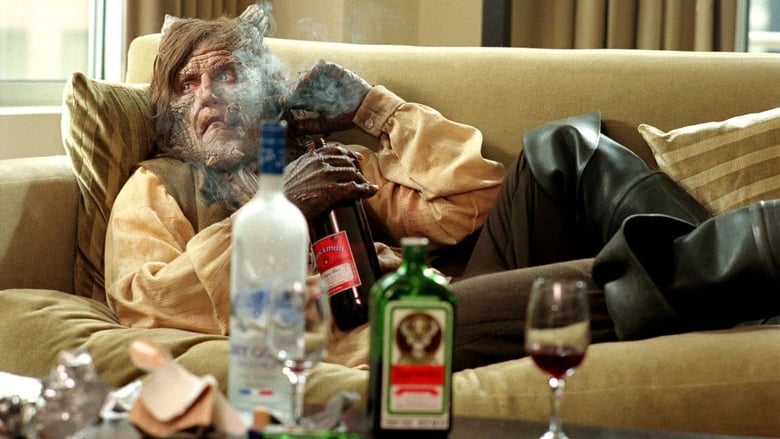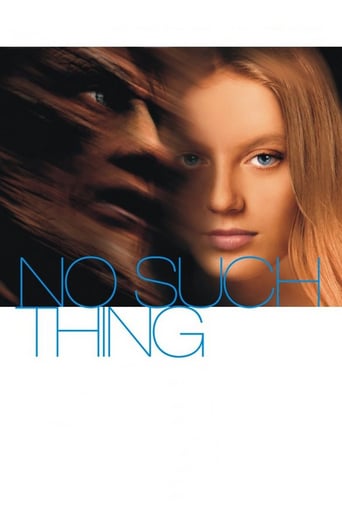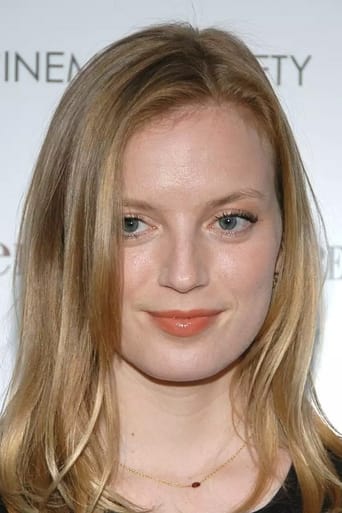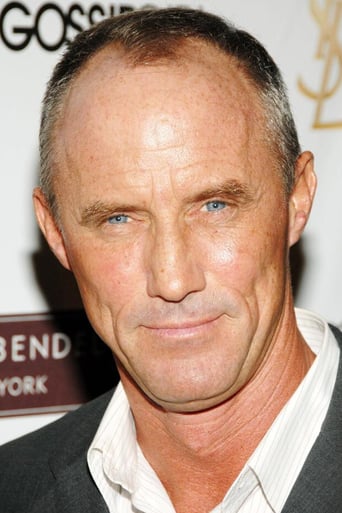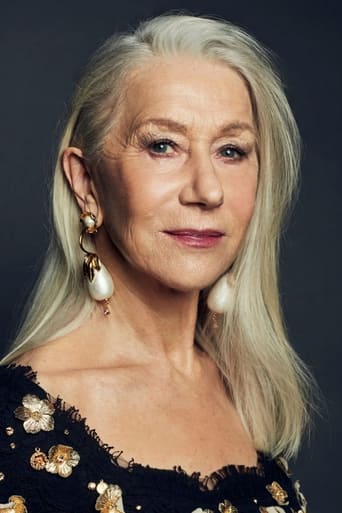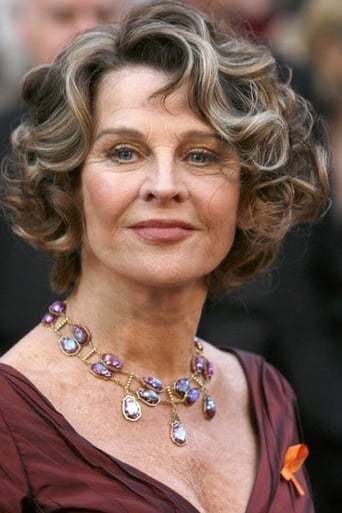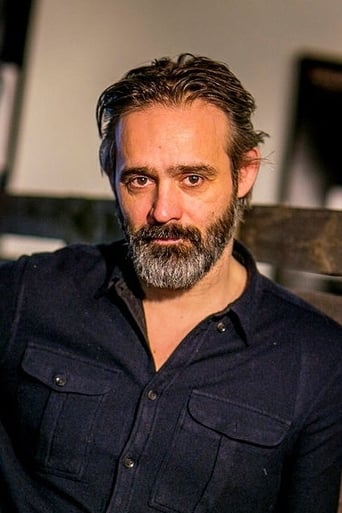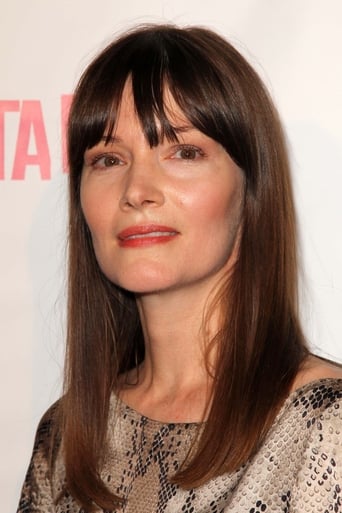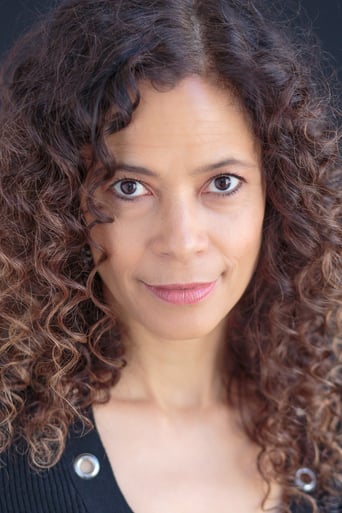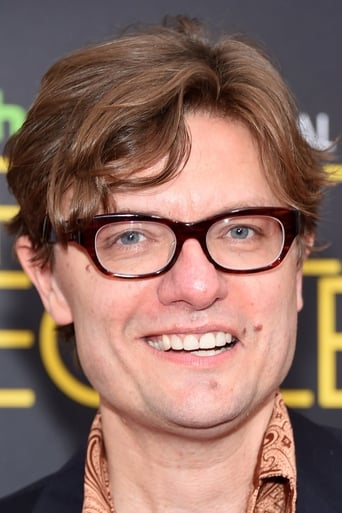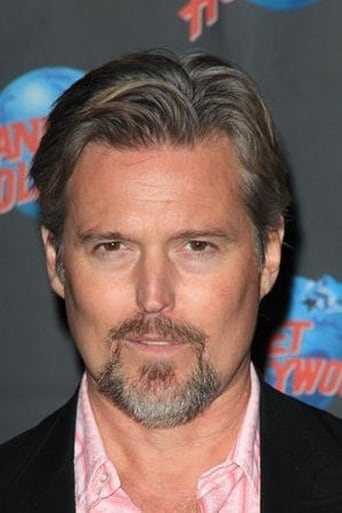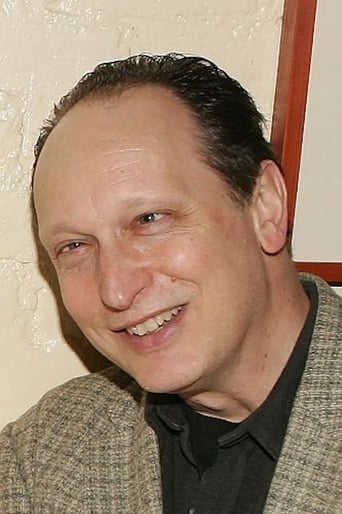A young journalist journeys to Iceland to find her missing fiancé only to encounter a mythical creature who longs to die.
Reviews
Please don't spend money on this.
People are voting emotionally.
I'll tell you why so serious
Watching it is like watching the spectacle of a class clown at their best: you laugh at their jokes, instigate their defiance, and "ooooh" when they get in trouble.
Imagine something that should not be? Imagine that it is and we made it so because we needed to believe in monsters to make us more human? This isn't a movie about good and evil or death or ugliness. It's about the beauty that we possess because we consign the ugly nature to something that we can point to and say "that is not us", to make us justified that we are not it.If you see one movie, see this one. It's subtle. Watch it more than once. Watch it a few times and leave your disbelief at the door. Every actor who isn't a caricature of whom they need to be is simply just heartbreaking. The acting is comic while being better than you could ever imagine. The lines, while cartoonish in some cases, resonate and make the story.The monster is us and we are not him. That's why this movie is so good.
"No monster should amaze us if the normal man does not amaze." - Gilbert Chesterton Hal Hartly directs "No Such Thing". Poorly executed, the film nevertheless has a VERY interesting screenplay. It stars Sarah Polley as Beatrice, an overly innocent/pure journalist trapped in a fairy tale world teeming with vulgar, opportunistic, horrible schemers. Everyone's a terrible person, except little Beatrice, who upon learning that her fiancé has disappeared in Iceland, goes searching for him.En route to Iceland - a country chosen because of its rich mythology - Beatrice's plane crashes (or, indeed, it may be that it is her fiancé's plane which has crashed). From this point onwards the film becomes a sort of hallucination, a dreamy fantasy informed by Beatrice's own subconscious. And so tied down to a hospital bed, Beatrice spins the tale of a monster living in Iceland who "destroys humans" and who has "destroyed her fiancé". Hartly's intention here, of course, is to highlight how there is "no such thing as monsters", that we "create monsters" out of our own anxieties, preconceptions, prejudices etc. In Beatrice's case, she creates the monster as a personification of all the world's injustices.But the script gets more interesting. Whilst the monster has been created by outsiders as a means of explaining a kind of all-encompassing "cosmic" persecution, the monster itself is relentlessly persecuted. Later in the film the monster is destroyed because it "can't withstand information" and "exists between the cracks of reality and perception". Monsters – and the term "monster" here applies to any "Other" (the film was released in 2001, when America's Monster swiftly became vague, bearded Middle Easterners) – therefore evaporate once their generators learn enough to understand "them", empathise with "them", or learn "their" history.What's weird is that the monster also exists outside of Beatrice's fantasy segment. The film opens with a coda in which the Monster records a tape in which it complains about God, the universe and what it perceives to be the inherent meaninglessness/cruelty of life and men. The rest of film looks at sleazy media types, traitorous villagers and scuzzy human beings, all selfish, backstabbing and exploitative. This horrible portrayal of the world is a result, via projection, of the Monster's own persecution; it's as much his fantasy as he is Beatrice's. Like a feedback loop, what the film suggests is that Beatrice is as much an idealized image as the monster is – she's the monster's projection, an angel, the promise of bliss – and that the vulgar chaos of society/media/news/art etc create "monsters" as much as they themselves become "monsters" as a response to this chaotic "outside". The film ends with Beatrice looking at us. She's the last thing the monster sees, we're the last thing she sees, the audience positioned as beasts.7.5/10 – Worth one viewing.
Most of independent cinema admirers know that American director Hal Hartley has made many outstanding films in his prolific career. However,it is a pity that he has completely goofed up his film "No such thing" as it is nothing short of a big bad joke.Many viewers might complain that this Hal Hartley film is something of an incomplete cinema as its characters have not been fully developed.Some viewers might also feel that by making a rather obscure film about a monster in a foreign land,Hal Hartley has attempted to distance himself from independent cinema movement.The only best thing which works wonders in "No Such Thing" concerns actress Sarah Polley's fortuitous transformation from a coffee maker to a beautiful journalist who achieves instant fame by bringing a weird monster to USA.Among other actors,Helen Mirren is wicked as ever as a boss who would like to get best news for her channel.For Hal Hartley,Icelandic setting also does not help much as the plot of his film is muddled as it has all the shades of a film which has been made in an agonizing hurry.This might be one of the plausible reasons why his film had a limited distribution despite the fact that it was chosen for "Un Certain Regard" section during Cannes International Film Festival 2001
I really like this movie. Partly that's because I like Iceland. You would swear that the Icelanders describing the monster were reciting Beowulf.No such Thing is a version of "Beauty and the Beast" that would make Jean Cocteau jealous: the need of Beauty for the Beast and vice-versa is stripped of psychology or eroticism, and the likelihood that "this is all a dream" is pushed at us again and again. First, we have the unlikelihood that Beatrice survived the plane crash, or left the operating table under the hands of her Fairy Godmother. Then, there are the terrific little moments like the one where we watch the Beast turn away from us and hunch over, like any carnival fire-spitter, to prepare the mouthful of liquid which he will then spit out in flames. "I saw him breathe fire," says Beatrice later, to clarify that her monster is the genuine article. And then there is the Matter Eradicator, a device designed to convince the Matter that he has no self, that he does not in fact exist.Like Cocteau's Beast (or the gorgeous beast played by Ron Perlman in the TV series), the Monster is quite attractive and looks very gentlemanly (his costume suggests Heathcliff), is brave, and keeps his promises. Like Cocteau's Beast, he is not pleased with his own murderous nature. He drinks to salve the pain of being inhuman. In No Such Thing, however, we need not fear that the Monster will suddenly turn into a boring human prince. There is no Gothic hint that he is a suitable object of sexual desire, or that lust is something he feels (rather, it is something that his human neighbors project on him by "dumping a piece of ass" on his island from time to time).The movie keeps its balance between the blessing that Beatrice might bring to the Monster and the role the Monster plays in the human imagination. Helen Mirren's character and her cohorts have developed to a point of civilization where they no longer fear the Monster. They happily express in word and deed their own cruelty and rapacity, which far outrun the monster's. To them he is fascinating as a being who can be tortured indefinitely and in many ways without actually dying. The good scientists, Dr. Anna and Dr. Artaud, on the other hand see the monster as matter to be eradicated. Beatrice, however, who is wholly good, simply loves the Monster.I think there is no ending to the film because there is no beginning. Beatrice keeps losing consciousness; before our eyes, she shows blind faith in some pretty doubtful tricks. So we are not allowed to suspend belief sufficiently to trust the final sequence of events. The face of Beatrice is offered as a kind of vision at the end, like the vision of God at the end of Dante's Divine Comedy. What would you want to see when you are about to have your matter eradicated? Surely this glowing face of love.The question, if we did suspend disbelief, would be: can the Matter Eradicator, which we are told relies on the Monster's acceptance that he has no self, work when he sees that face? If not, he is back in the hands of the torturers. He does not need Beauty's kiss; he needs a Minna, as in Coppola's Dracula, to cut off his head. Or a Beowulf.
Top Streaming Movies











